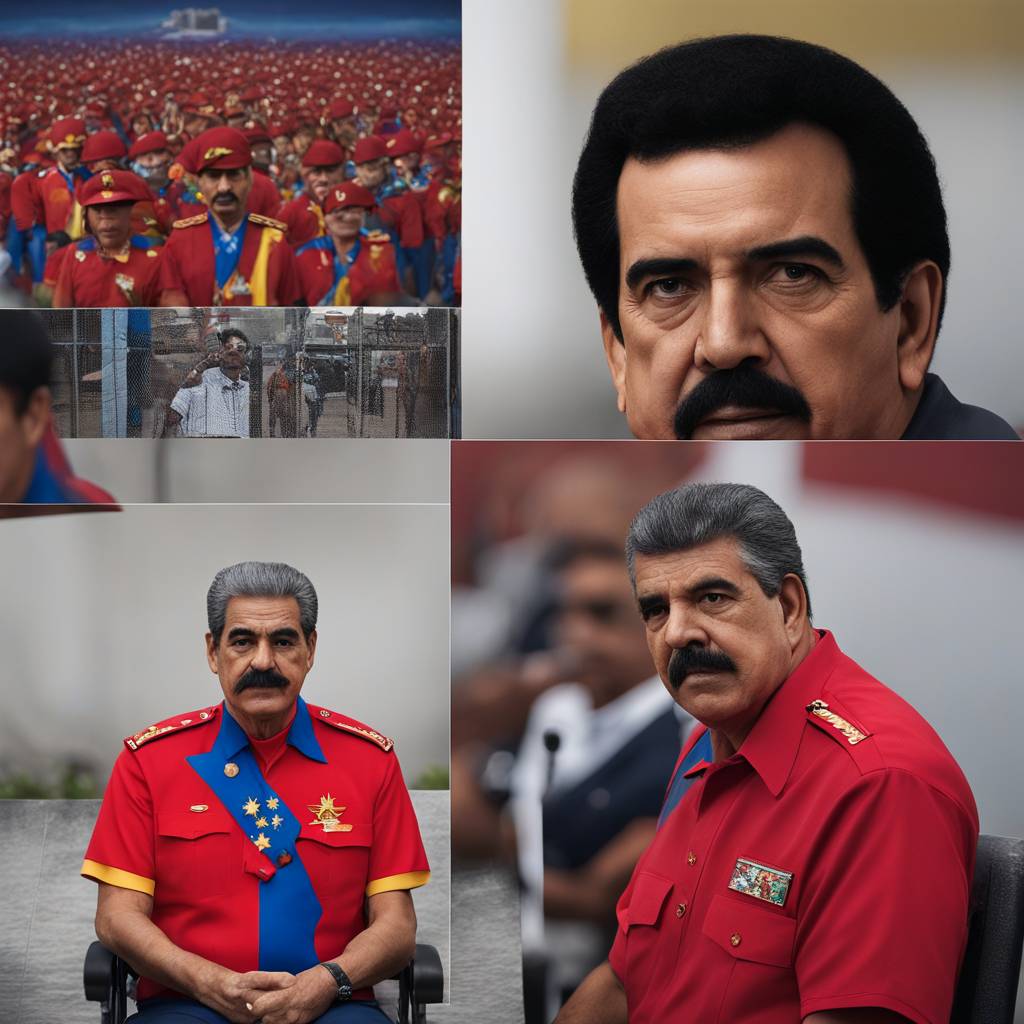Retired Venezuelan army general Cliver Alcalá has been sentenced to over 21 years in prison after pleading guilty to charges related to providing weapons to the Revolutionary Armed Forces of Colombia (FARC), a group considered a foreign terrorist organization by the U.S. He admitted to supporting the terrorist group and giving them weapons, with prosecutors claiming that he had accepted millions of dollars in cocaine-fueled bribes. Alcalá used his position in the Venezuelan military to aid the FARC in distributing tons of cocaine bound for the United States, corrupting the institutions of his own country in the process.
During sentencing, U.S. District Judge Alvin K. Hellerstein ordered Alcalá to spend 21 years and eight months in prison, a decision made after prosecutors sought a 30-year sentence and his lawyers requested a six-year sentence. The U.S. Attorney Damian Williams stated that Alcalá and his co-conspirators tried to weaponize cocaine by providing weapons to the FARC as drugs were shipped to the United States. Despite his previous actions, Alcalá claimed to have lived modestly in Colombia before his arrest, residing in a small apartment, driving an older model car, and having minimal funds in his bank account.
Alcalá surrendered in Colombia in 2020 to face an indictment in New York that accused him, Venezuelan President Nicolas Maduro, and a dozen other military and political leaders of participating in a conspiracy to flood the U.S. with cocaine. His involvement was based on his position within the Venezuelan military and his ability to command a large number of armed military officers. Despite his actions, Alcalá has reflected on his choices and regrets while behind bars, engaging in physical exercise and reading over 200 books to pass the time.
The case highlights the complexity of political and military involvement in drug trafficking, as well as the consequences faced by those who are caught participating in such illegal activities. Alcalá’s sentencing sends a strong message about the repercussions of supporting terrorist organizations and engaging in drug-related crimes. The long prison term serves as a deterrent to others who may consider similar actions in the future, emphasizing the seriousness with which the U.S. government views such activities. Alcalá’s story serves as a cautionary tale about the dangers of choosing to align oneself with criminal groups for personal gain or political motives.


